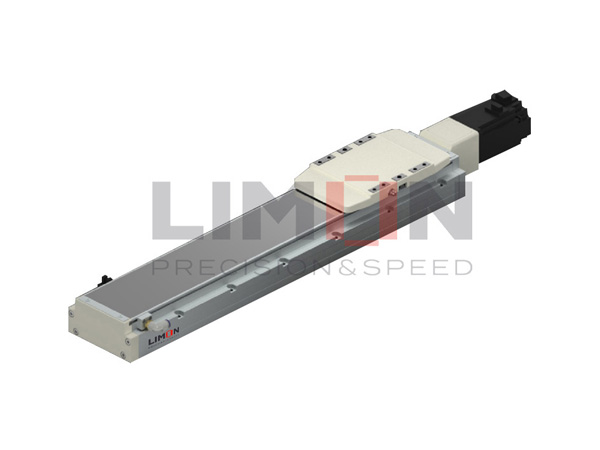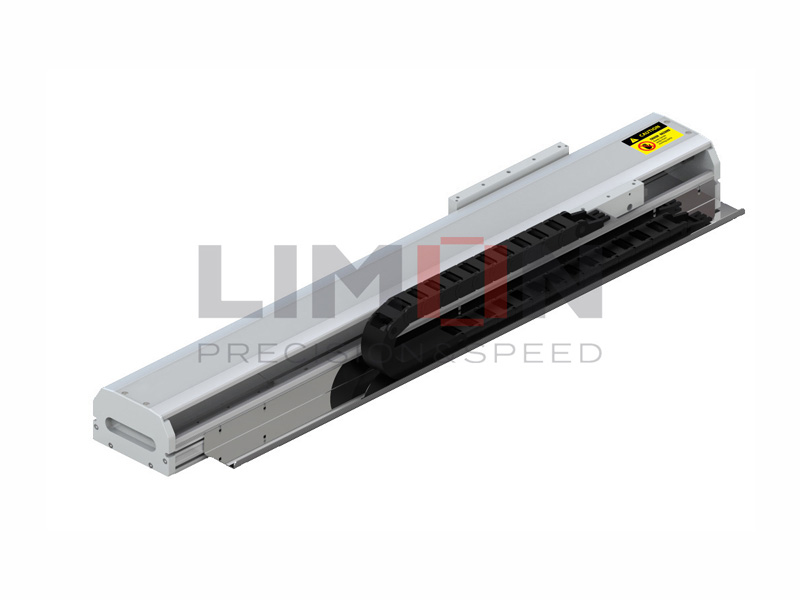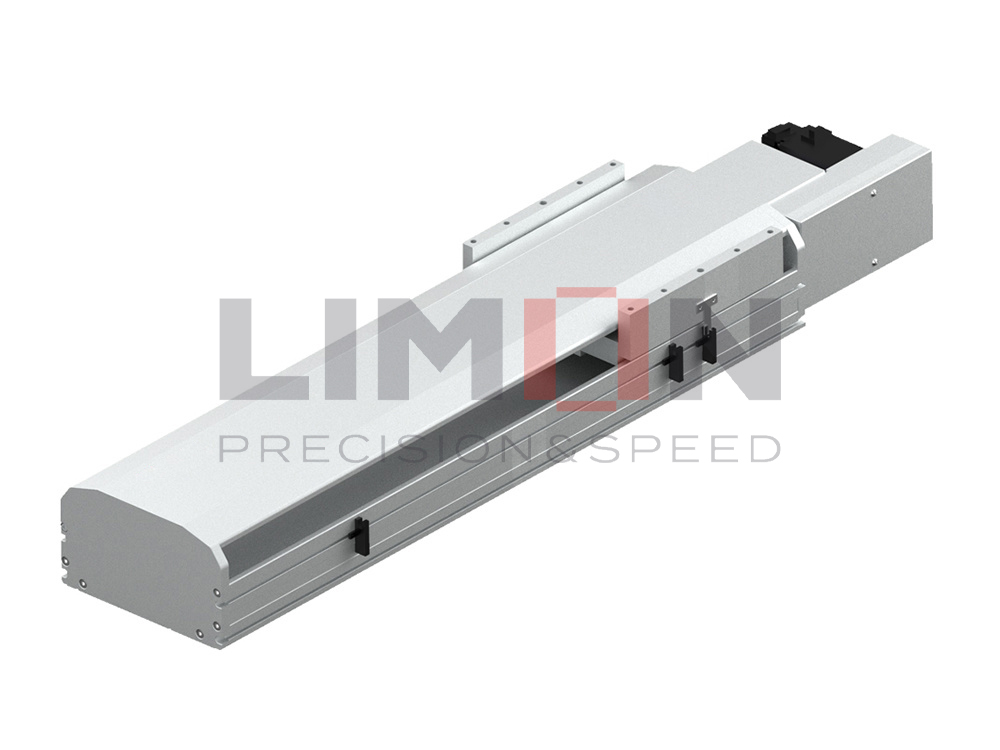Enhanced Precision and Accuracy
One of the standout advantages of ball screws is their ability to provide exceptional precision. In my experience, the ball bearing mechanism allows for smoother movement and less friction compared to traditional lead screws. This means that machines can achieve tighter tolerances, which is crucial for applications where accuracy is non-negotiable.
Increased Efficiency and Speed
When it comes to speed, ball screws truly shine. Their design minimizes friction, allowing for quicker movement without overheating. I’ve found that using ball screws can significantly reduce cycle times in automated systems, which translates to increased productivity. If you’re aiming to enhance throughput, ball screws are an invaluable asset.
Superior Load Handling
Ball screws are also renowned for their ability to handle substantial loads. Their construction allows for the distribution of weight across multiple contact points, enhancing their load-bearing capabilities. I’ve implemented ball screws in high-load applications, and they have consistently performed well, ensuring reliability in demanding environments.
Reduced Maintenance Costs
Another significant benefit I’ve noticed is the reduced maintenance associated with ball screws. Their design leads to less wear and tear over time, meaning fewer breakdowns and less frequent replacements. This longevity not only saves on costs but also minimizes downtime—an essential factor in any industrial automation setting.
Versatility in Applications
Ball screws are incredibly versatile and can be employed in various applications, from CNC machines to robotics and assembly lines. Their adaptability has allowed me to streamline different processes within my operations, making them a flexible choice for any industrial automation system.
Improved Energy Efficiency
Using ball screws can also lead to improved energy efficiency. The reduced friction means that machines require less power to operate, which is a win-win for both the environment and your bottom line. I’ve seen notable reductions in energy consumption since integrating ball screws into my systems.
Conclusion
In summary, the benefits of using ball screws in industrial automation are hard to overlook. With enhanced precision, increased efficiency, superior load handling, reduced maintenance costs, versatility, and improved energy efficiency, ball screws have become a cornerstone in my automation solutions.




_1.jpg)